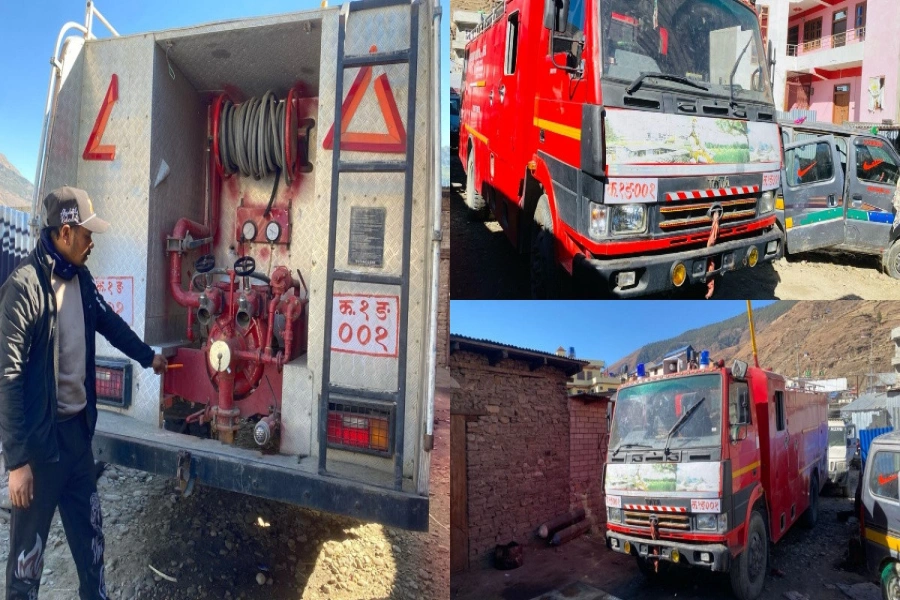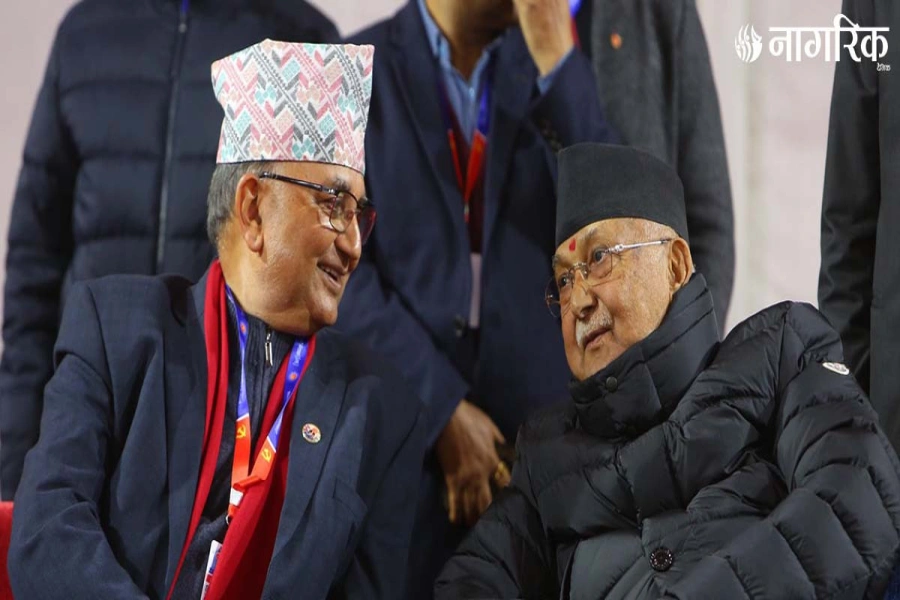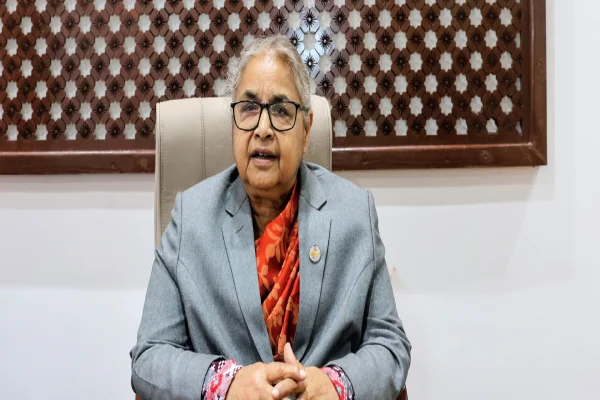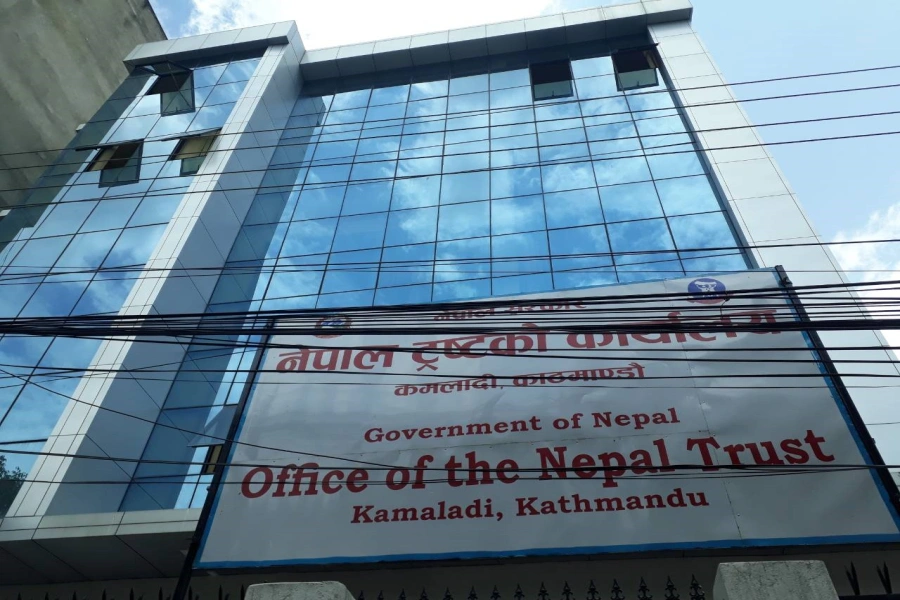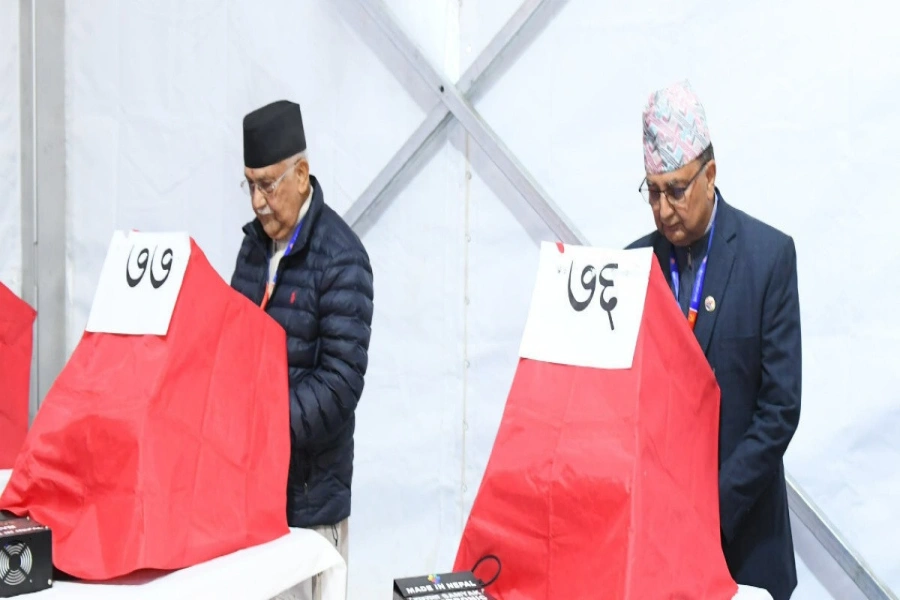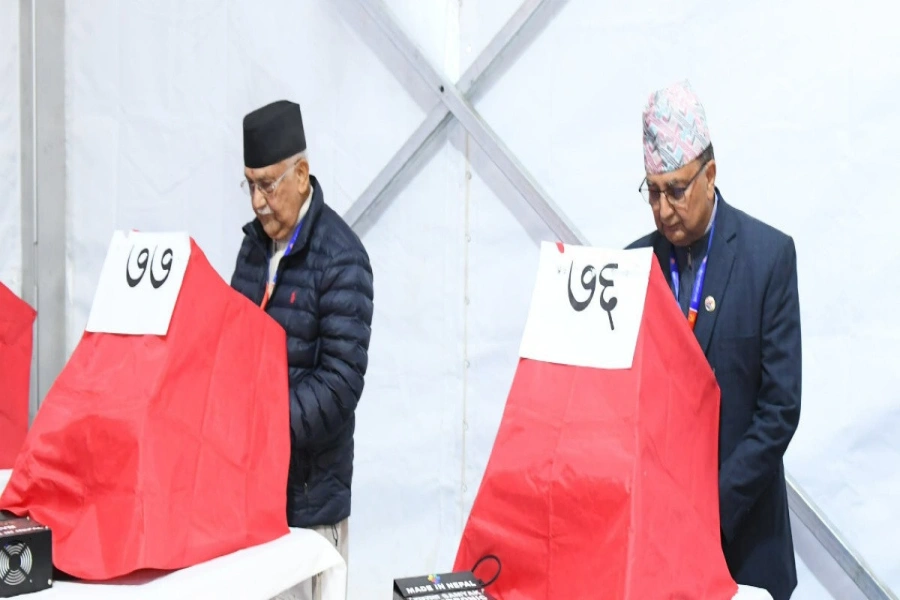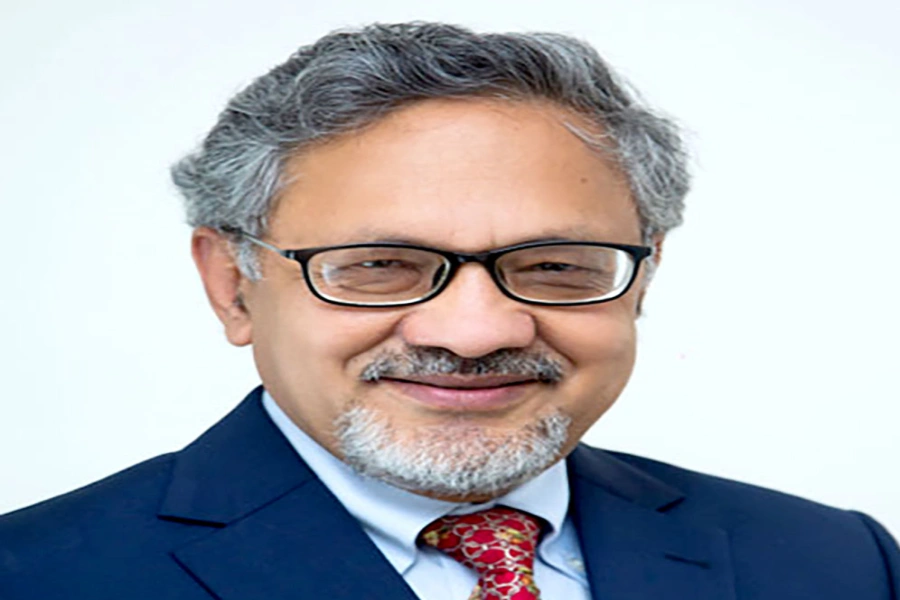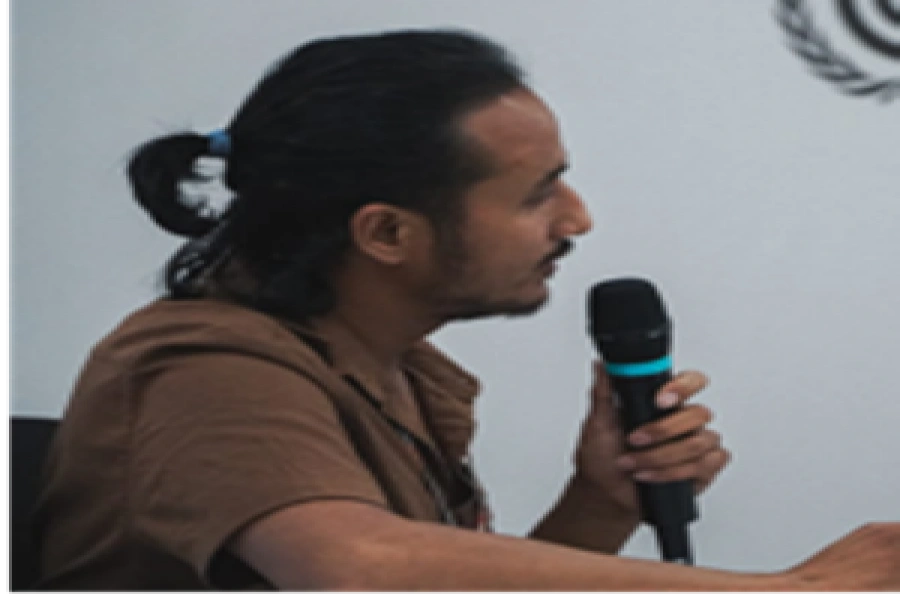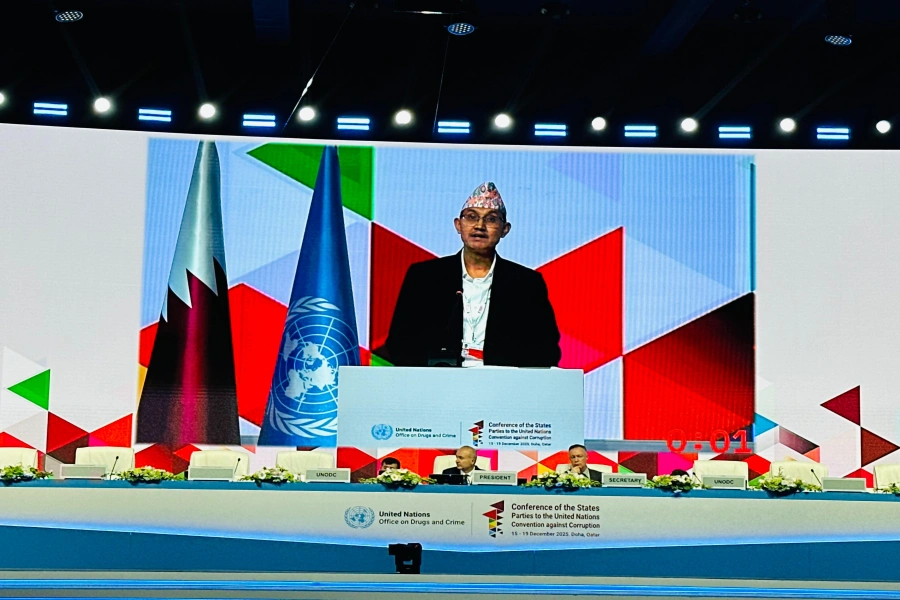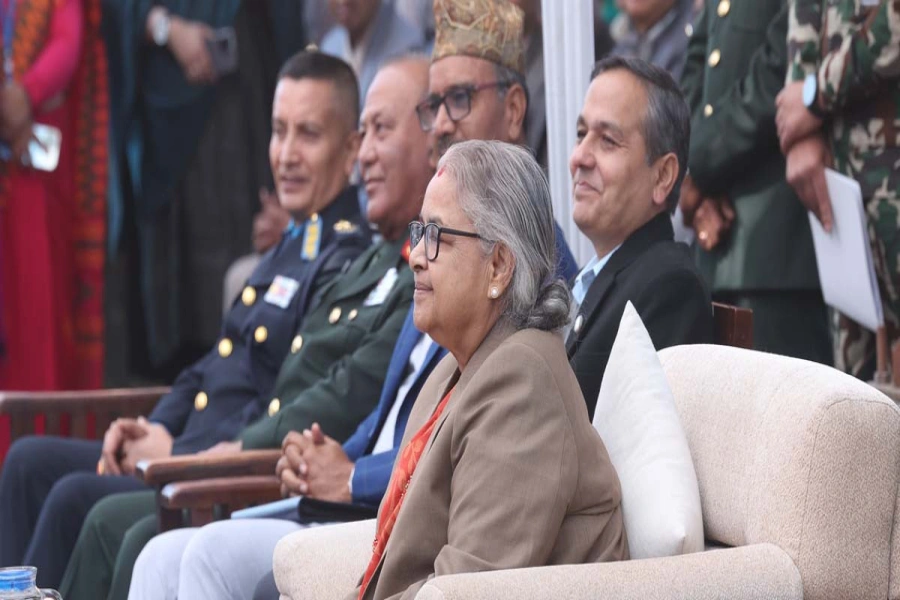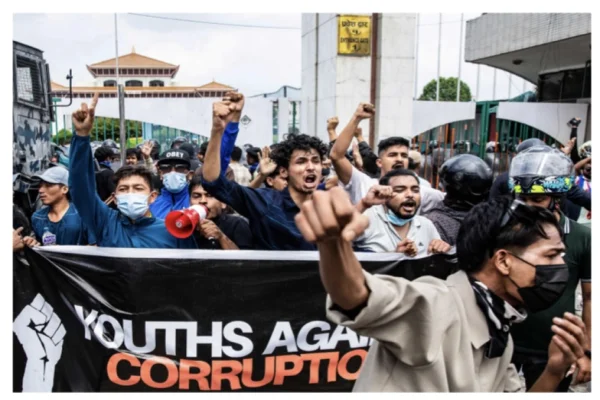KATHMANDU, July 29: The property details of the prime minister and all other ministers remain undisclosed on the official website of the Office of the Prime Minister and Council of Ministers. Despite the legal requirement for public officials to submit their property statements within a specified time frame, the information has not been made available to the public, raising questions about transparency and accountability.
This practice of keeping property details confidential was first observed during the tenure of Prime Minister Sher Bahadur Deuba, when he led a coalition government formed on July 13, 2021. Regrettably, the Deuba-led government, as well as the subsequent government led by Pushpa Kamal Dahal after the parliamentary elections held last November, have continued this trend of non-disclosure, with the property details of the prime minister and ministers remaining secret even eight months after the formation of the new government.
The Commission for the Investigation of Abuse of Authority Act, 2048 BS, clearly mandates that the prime minister and ministers must submit their property statements to the designated body within 60 days of assuming office and again within 60 days of the end of the fiscal year. However, the lack of public disclosure raises concerns among citizens and administrative experts, who argue that those in public positions should be transparent about their assets.
According to administrative expert Sharda Prasad Trital, the failure to disclose property details implies an intention to hide assets, a matter that goes beyond legality and raises ethical questions about the conduct of public officials. Trital emphasizes that prime ministers and ministers have an obligation to make their property details public, ensuring accountability to the citizens they serve.
Why have PM Deuba and his ministers not disclosed their propert...

The previous governments had a tradition of making this information public through a decision of the Council of Ministers.
A joint secretary at the Office of the Prime Minister and Council of Ministers acknowledged that they possess the property details of the prime minister and ministers but have chosen to keep them confidential based on the provisions within the constitution of Nepal.
Hari Prasad Sharma, information officer for the National Vigilance Center, clarified that while the law includes a provision for submitting property details, it does not explicitly mandate making this information public.
“The Prevention of Corruption Act requires individuals to submit their property details, but it remains silent on the matter of public disclosure," Sharma stated. He further confirmed that both the prime minister and the ministers have complied with the Act by submitting their property details. However, the center's purview is limited to verifying whether the details have been disclosed or not, and it cannot delve into matters that have not been made public.
Despite this stance, another employee at the center believes that making property details public aligns with ethical principles. "This is a matter of ethics, and those in public positions should voluntarily choose to make their property details public," the employee said on condition anonymity.
The debate surrounding the disclosure of property details continues, with opinions differing on the matter.
Historically, there have been varying practices among governments regarding the public disclosure of property details. After the parliamentary elections of 2048 BS, the then cabinet led by Girija Prasad Koirala had decided that the prime minister and ministers would publish their property details within 15 days of assuming office. Notably, during that time, Sher Bahadur Deuba, then the home minister, had made his property details public. Subsequent governments showed different levels of adherence to this tradition, with some making their property details public, while others did not.
In May 2075 BS, members of the Council of Ministers under the leadership of KP Sharma Oli released their property details. However, it was observed that some ministers who were appointed later did not make their property details public upon leaving office. A provision published in the Nepal Gazette on July 4, 2018, during the tenure of Oli government, mandated that the prime minister, ministers, state ministers, and assistant ministers submit their property details to the Office of the Prime Minister and Council of Ministers. Nevertheless, it did not explicitly address the disclosure of the details submitted.





